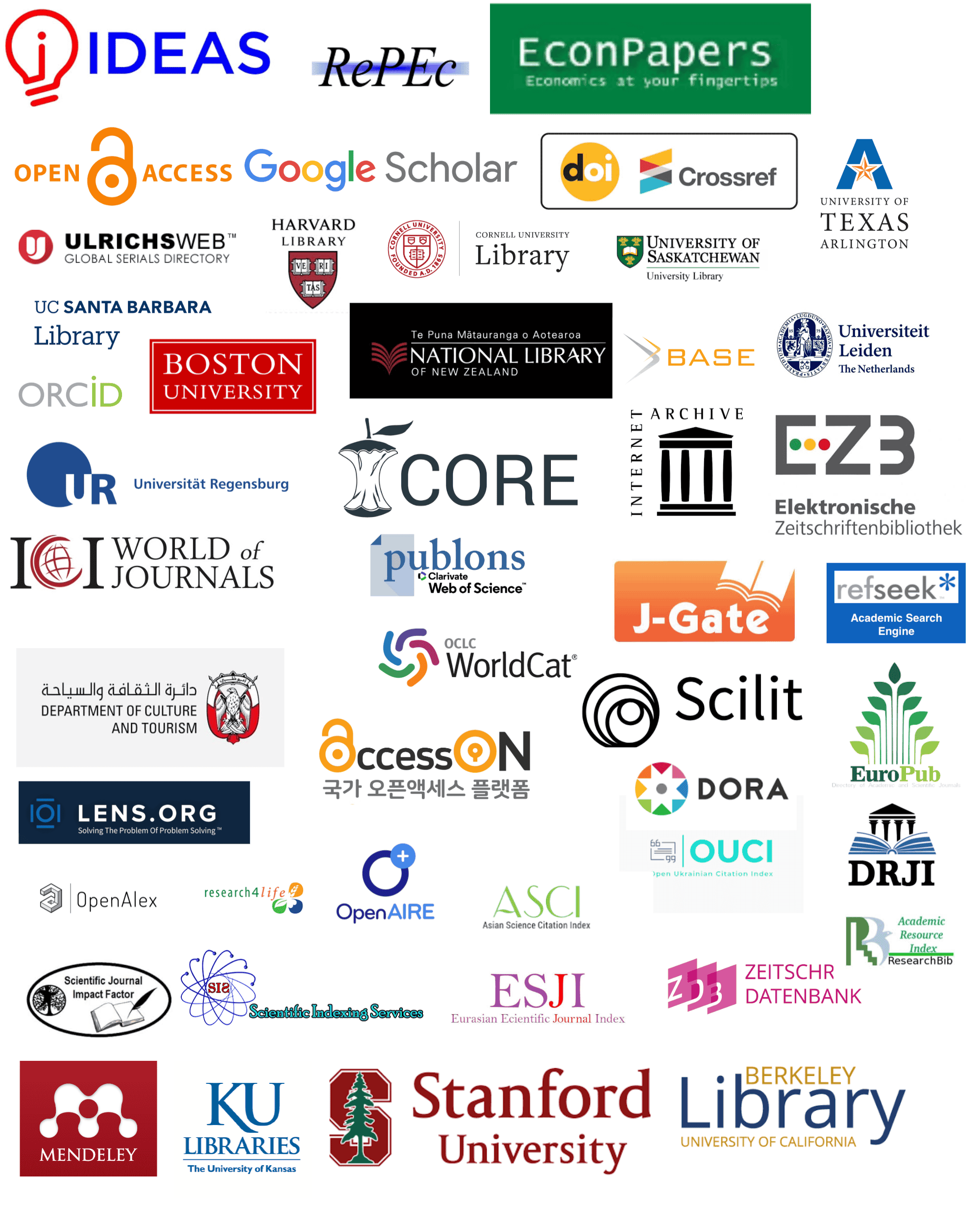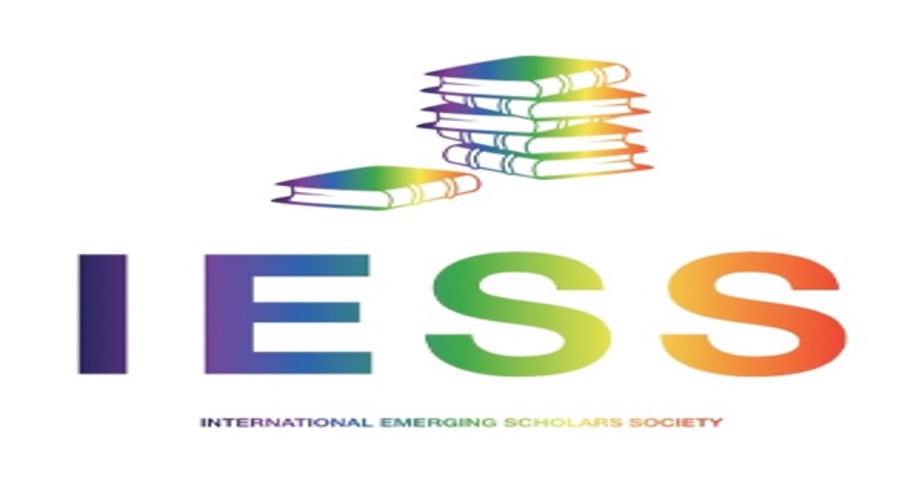Exploring the Nexus: Tax Compliance and Sustainable Development in Namibia
DOI:
https://doi.org/10.56879/ijbm.v3i1.26Keywords:
Domestic taxpayers; Sustainable Development; Tax Compliance; Namibian Taxation; Short Message ServicesAbstract
Tax revenue collection serves as the bedrock for states to avail infrastructure, essential national needs and development, encompassing critical sectors such as education, healthcare, and social welfare. This study explored and answered a question on which factors influence domestic taxpayers’ compliance in Namibia. This study tested the nine factors unpacked by Trifan et al., (2023) against 113 domestic taxpayers’ messages sent between June 2022 and December 2023 regarding tax concerns. This study was underpinned by established tax compliance explanations, including, political accountability social norms, deterrence factors, and fiscal exchange. A qualitative approach was adopted, by collecting messages from taxpayers through the Namibia Revenue Agency ‘s (NamRA) Facebook page and published Short Message Services (SMS) by the Namibian News Paper. The data were quantified to provide a better understanding as to what extent categorized taxpayers’ messages contributed to tax compliance in Namibia. The results revealed that five factors (trust in tax authority, perceived fairness, tax legislation and procedures simplicity, personal financial and economic factors, and malfunctioning of integrated tax administration (ITAS), were found to have a likelihood influence on tax complaisance in Namibia.
Downloads
Published
Issue
Section
License
Copyright (c) 2024 Anna Caroline Nakale-Kawana (Author)

This work is licensed under a Creative Commons Attribution 4.0 International License.


